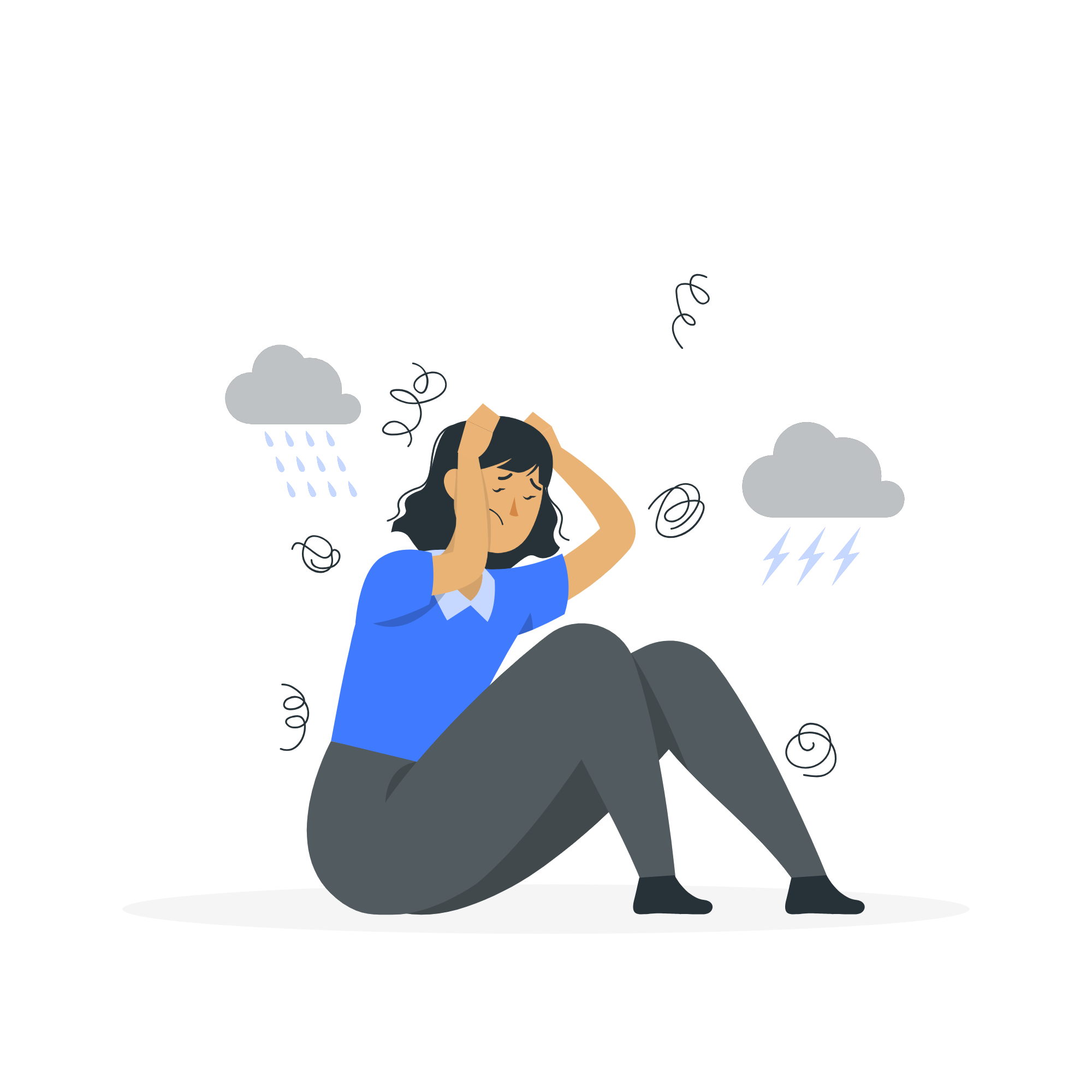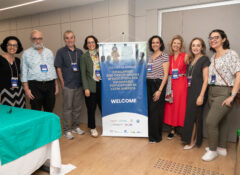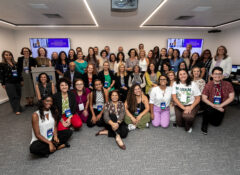A study led by IDOR analyzed research about involuntary isolation in urban centers and identified interventions that can assist in improving the quality of life for the population
Urban centers appear to be the triumph of human evolution over nature, and perhaps that is why the majority of our species inhabit these concrete jungles. However, mental health issues are also prevalent in these environments, with loneliness paradoxically being a catalyst for these processes. Considering the impact of loneliness in large cities, especially after the prolonged periods of social isolation caused by the COVID-19 pandemic, a study by the D’Or Institute for Research and Education (IDOR) aimed to review the main scientific research conducted on the subject in recent years. The study also highlighted interventions that may be effective in reducing the feeling of isolation in urban centers. The results of the study were published in the scientific journal Current Opinion in Psychiatry.









